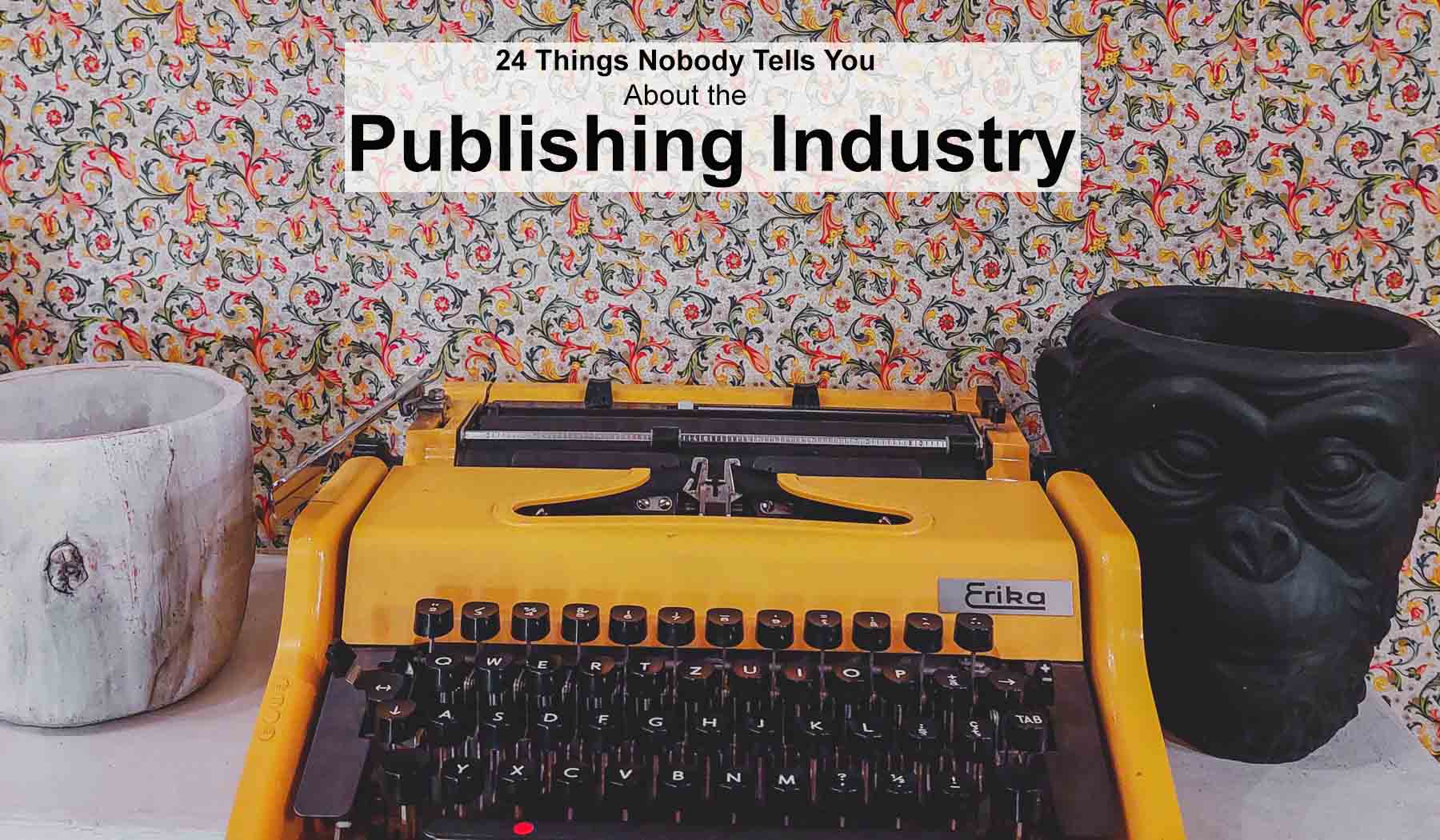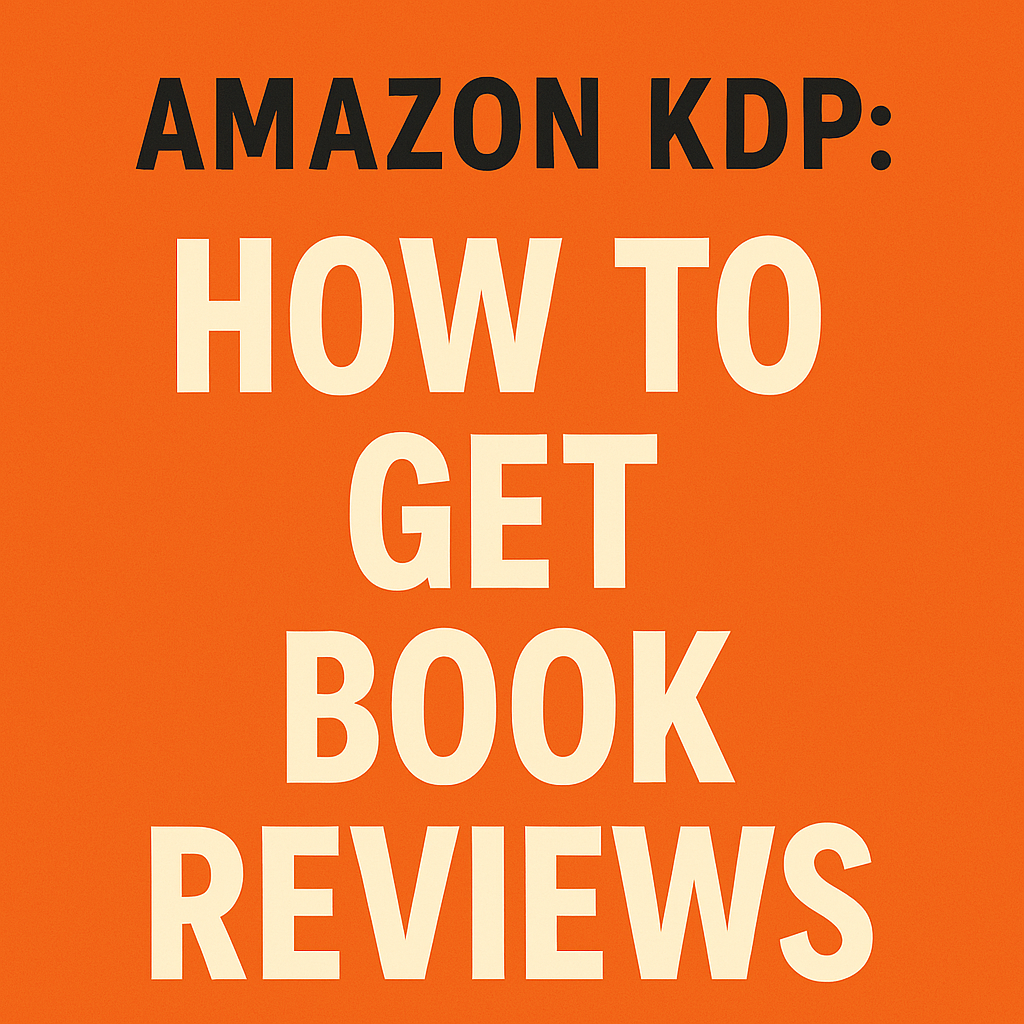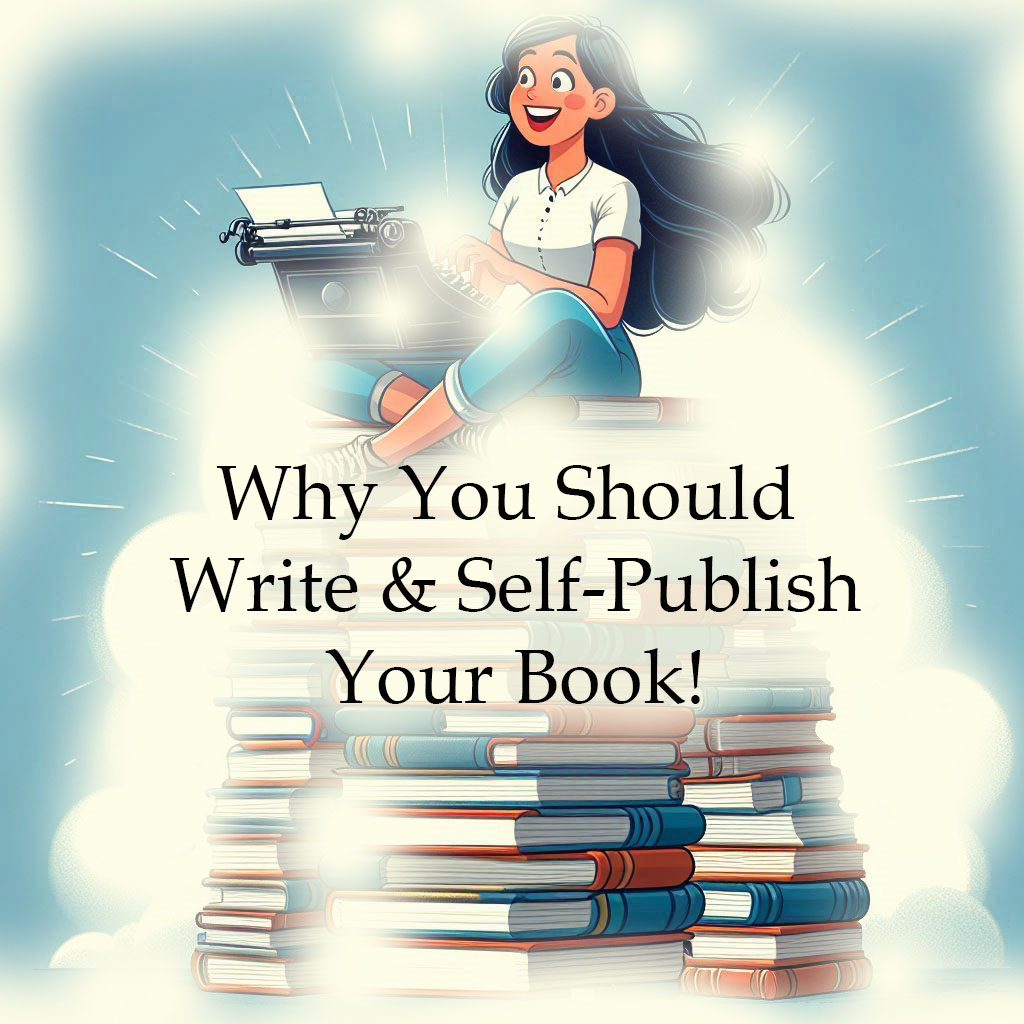The publishing industry is a realm of creativity, literature, and storytelling that captivates both writers and readers alike.
However, there are aspects of this industry that often go unspoken, aspects crucial for aspiring authors and enthusiasts to comprehend.
In this blog post, we’ll uncover 24 critical insights into the publishing world that are seldom discussed but are vital for navigating this complex landscape effectively.
1. Persistence is Key
- Success in the publishing industry often requires persistence, patience, and tenacity.
- Rejections are part of the journey and don’t define your potential as a writer.
2. The Importance of Networking
- Networking with fellow writers, publishers, and industry professionals can significantly boost your opportunities.
- Attending literary events, workshops, and online forums can open doors and provide valuable connections.
3. Editing is Non-negotiable
- Rigorous editing is imperative before submitting your manuscript to publishers or agents.
- A well-edited manuscript reflects professionalism and increases your chances of acceptance.
4. Understanding Market Trends is Crucial
- Staying informed about current market trends helps tailor your writing to the demands of the audience.
- Publishing what’s in demand improves your marketability and increases the likelihood of book sales.
5. Contracts and Legal Aspects
- Understanding contracts, royalties, and licensing terms is essential for protecting your rights as an author.
- Seeking legal advice before signing any contract can save you from potential legal pitfalls.
6. Marketing and Self-Promotion
- Authors are expected to actively participate in marketing their books.
- Building a strong author platform through social media, blogs, and book events is critical for success.
7. Revisions and Rejections are Opportunities
- Rejections can lead to valuable feedback, helping you revise and improve your manuscript.
- Each rejection is a step closer to finding the right fit for your work.
8. Balancing Art and Commerce
- Striking a balance between creative integrity and commercial viability is a constant challenge for authors.
- Recognizing the market’s demands while staying true to your artistic vision is a delicate equilibrium to maintain.
9. Publishing is a Business
- Publishers are businesses seeking profit; understanding this can aid in realistic expectations.
- Commercial considerations often heavily influence the publishing process.
10. Author-Agent Relationships
- Building a strong, communicative relationship with your literary agent is crucial for a successful publishing journey.
- Mutual trust and understanding contribute to a fruitful collaboration.
11. Evolving Landscape with Digitalization
- The advent of digital publishing has revolutionized the industry, impacting distribution, marketing, and reader engagement.
- Adapting to digital trends is essential for staying relevant and successful in the modern publishing world.
12. Bookstores and Distribution
- Getting shelf space in traditional bookstores can be a challenge, emphasizing the importance of diverse distribution strategies.
- Exploring alternative distribution channels, including online platforms and direct sales, can widen your reach.
13. Genre Trends Matter
- Different genres have distinct market trends that fluctuate over time.
- Adapting your writing to align with popular genre trends can boost your book’s visibility and sales potential.
14. Cover Design is a Make or Break Factor
- A compelling book cover is crucial for grabbing readers’ attention and driving sales.
- Investing in professional cover design is an investment in your book’s success.
15. Self-Publishing Isn’t an Easy Way Out
- Self-publishing demands significant effort in marketing, distribution, and building an audience.
- It’s a viable path, but success requires dedication and a business mindset.
16. Foreign Rights and Translation
- Selling foreign rights or translating your book can expand your reach and revenue streams.
- Understanding the process and potential benefits is important for maximizing your book’s global presence.
17. The Power of Author Branding
- Building a strong author brand can foster reader loyalty and enhance long-term success.
- Consistent branding across your works helps readers recognize and connect with your style and themes.
18. Publishing Timelines Vary
- The traditional publishing process can be lengthy, often taking more than a year from acceptance to publication.
- Managing expectations regarding timelines is crucial for planning your writing career.
19. Library Sales and Importance
- Libraries are valuable sales channels and can significantly impact your book’s visibility and popularity.
- Engaging with libraries and understanding their acquisition process is a strategic move for authors.
20. Impacts of Book Awards
- Winning or even being nominated for book awards can substantially boost book sales and credibility.
- Submitting your book to relevant awards is a marketing tactic worth considering.
21. The Role of Beta Readers
- Beta readers provide critical feedback on your manuscript from a reader’s perspective.
- Leveraging this resource can refine your work before submission, potentially increasing acceptance rates.
22. Understanding E-book Pricing Strategies
- Setting appropriate e-book prices is a crucial aspect of e-publishing success.
- A well-thought-out pricing strategy can optimize sales and revenue in the digital market.
23. Book Piracy Challenges
- Book piracy is a prevalent issue that affects authors and publishers, especially in the digital era.
- Implementing anti-piracy measures and staying informed about copyright protection are essential.
24. The Emotional Rollercoaster of Reviews
- Receiving reviews, both positive and negative, can evoke strong emotions in authors.
- Developing resilience and separating personal feelings from constructive feedback is key to maintaining mental well-being in the industry.
Understanding the Nuances of the Publishing Industry is Pivotal for Aspiring Authors
From persistence to the impact of digitalization, these often-overlooked aspects shed light on the reality of the publishing world.
Armed with this knowledge, writers can make informed decisions and increase their chances of success in this competitive yet rewarding industry.









